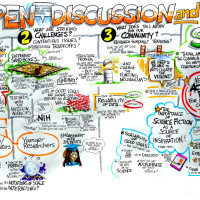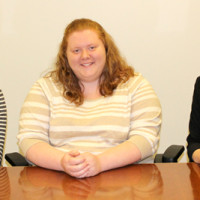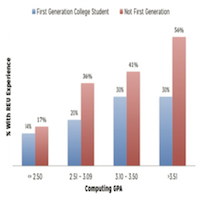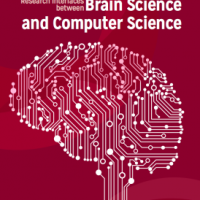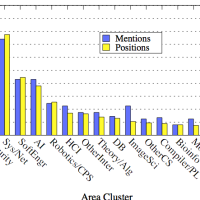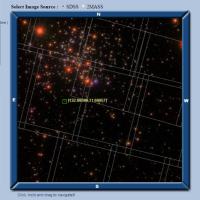
Big Data Science at Johns Hopkins
Last year Johns Hopkins University (JHU) started the Institute for Data Intensive Engineering and Science (IDIES, pronounced as “Ideas”), promoting the use of large data sets for scientific discovery across the whole university. IDIES spansAnchor the Schools of Arts and Sciences, Engineering, Public Health, and Medicine. Hopkins president Ron Daniels and several deans have dedicated 10 new faculty positions to IDIES, all encouraging interdisciplinary research related to Big Data in science. Currently, IDIES has more than 80 faculty associates.


